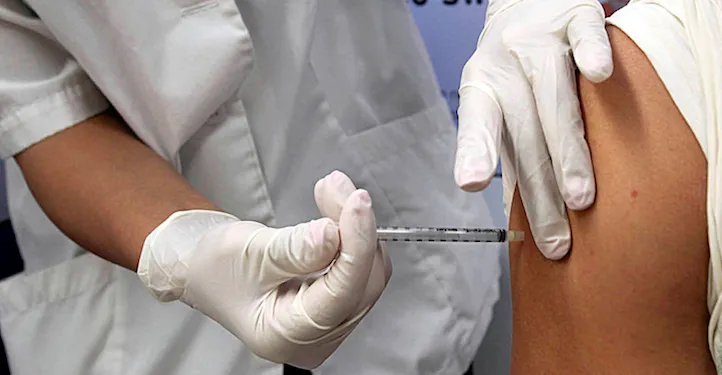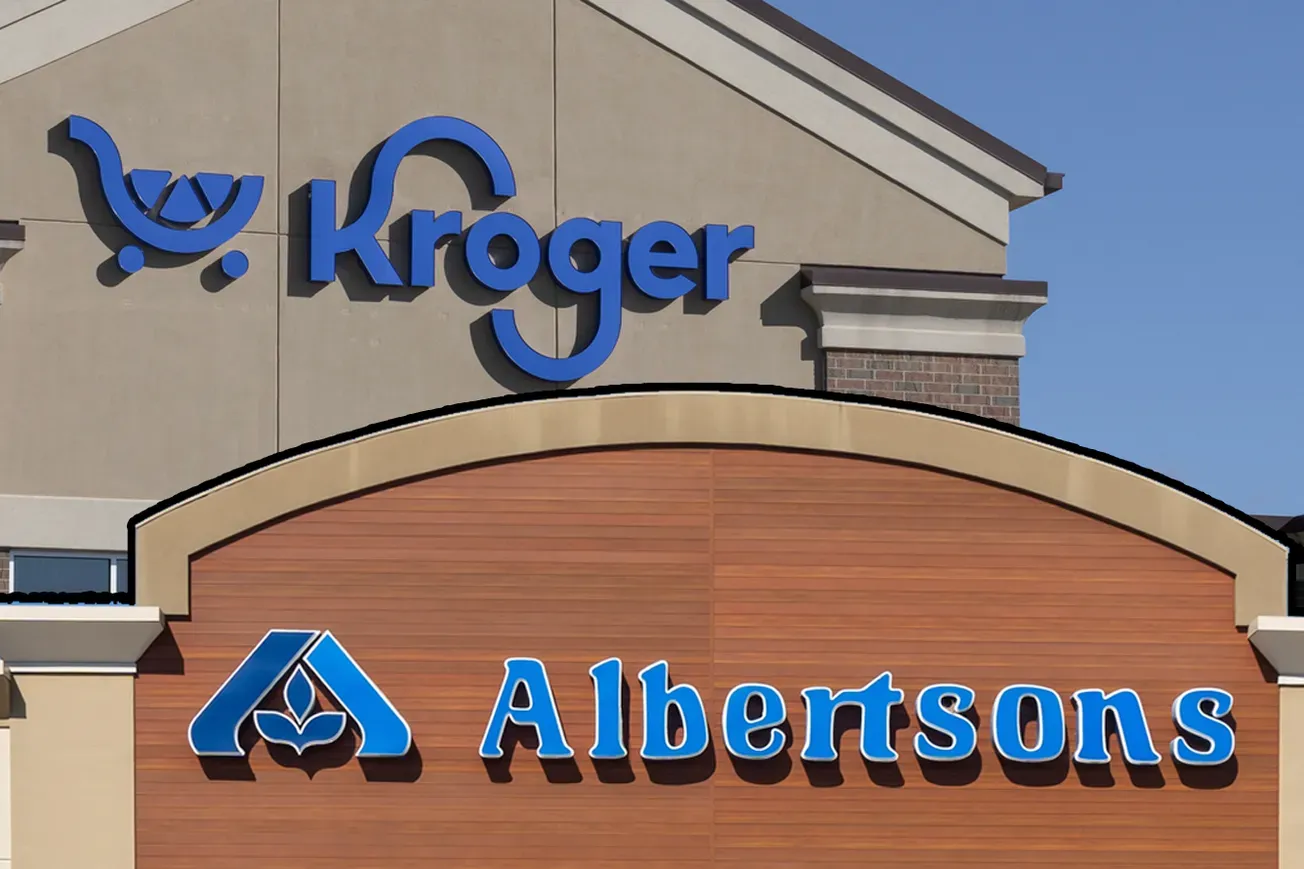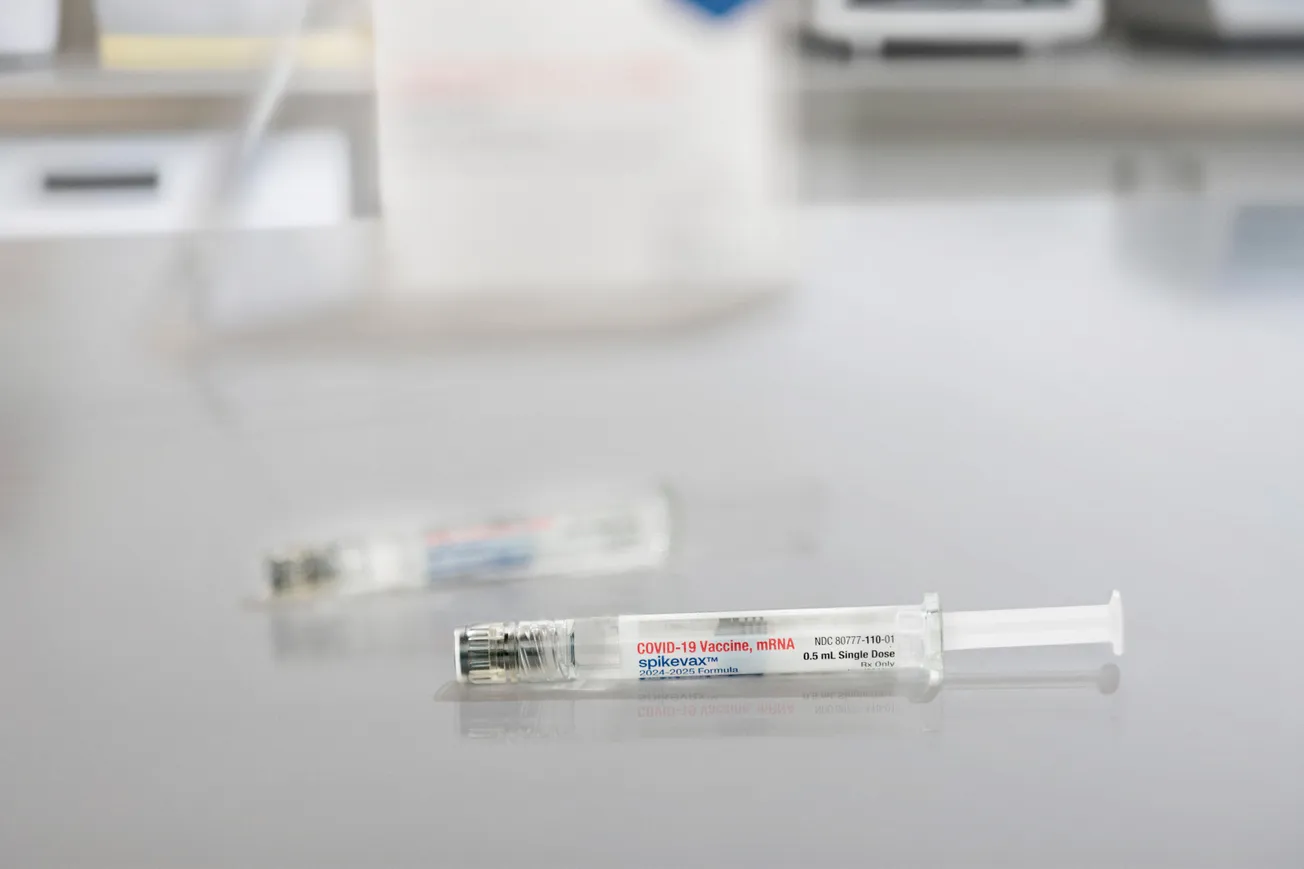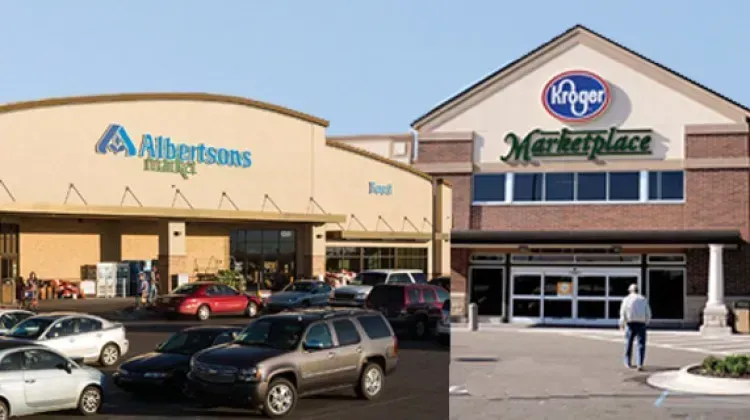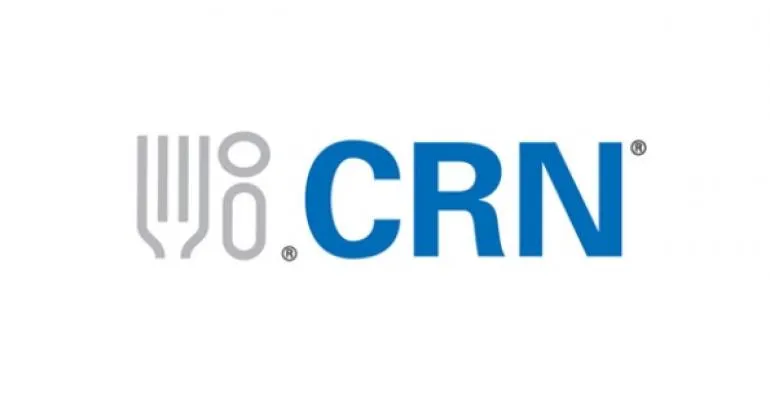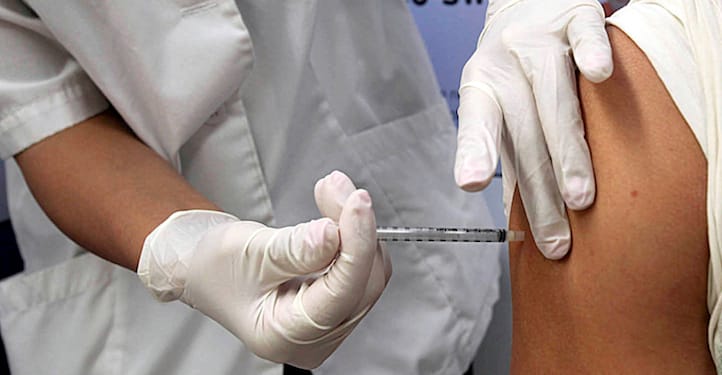
ARLINGTON, Va. — Bartell Drugs, Quality Food Centers (QFC), Hy-Vee and Giant Eagle are participating in National Association of Chain Drug Stores projects to demonstrate value-based payment models for pharmacy-administered immunizations.
NACDS said Friday that the three projects aim to develop and implement a scalable, replicable model for value-based payments that improves vaccination rates for a targeted population recorded in a state-based registry. The models will employ innovative methods for sharing immunization information among the participating pharmacies, health plans, health systems, accountable care organizations and patients.
Participants also will work with public health agencies to improve pandemic vaccine preparedness, NACDS said.
Partnerships for the projects include Bartell Drugs and QFC with the Washington State Health Care Authority and the University of Washington; Hy-Vee with the University of Nebraska Medical Center, the Nebraska Health Network and the University of Iowa Health Alliance; and Giant Eagle with the University of Pittsburgh and the University of Pittsburgh Health Plan.
“Legislators and regulators at the federal and state levels often reference pharmacists’ success in promoting the necessity of vaccines, and in increasing access to them,” NACDS president and chief executive officer Steve Anderson said in a statement. “These demonstration projects seek to improve patient health by aligning the interests of health care partners which should increase immunizations and improve the healthcare outcomes of patients across the country.”
NACDS said that, after releasing a request for proposals for the projects in February, it received more than 20 proposals and convened an independent review committee of experts in public health, pharmacy operations and health care quality.
The demonstration projects stem from an $800,000 grant to NACDS from the Centers for Disease Control and Prevention (CDC) to assess innovative health care collaborations that boost rates of pharmacy-based vaccinations, including flu, pneumococcal, pertussis (whooping cough) and herpes zoster (shingles). The grant also is aimed at improving pandemic planning among pharmacies and state health departments, access to human papillomavirus (HPV) vaccine resources and education for pharmacists.
On top of the $800,000 grant from the CDC, NACDS said it contributed another $300,000 to execute the projects. Each participant will receive about 67% of its funding ($200,000) from the CDC and 33% ($100,000) from NACDS.
Over the past decade, states have steadily expanded pharmacists’ authority to administer immunizations, NACDS noted. Maine became the 50th state to enact legislation enabling pharmacists to administer the flu vaccine in October 2009. And in May 2015, Georgia became the 50th state passing legislation allowing pharmacists to administer three adult vaccines: pneumococcal, shingles and flu. The Georgia legislation expanded pharmacists’ authority from flu vaccines only.

